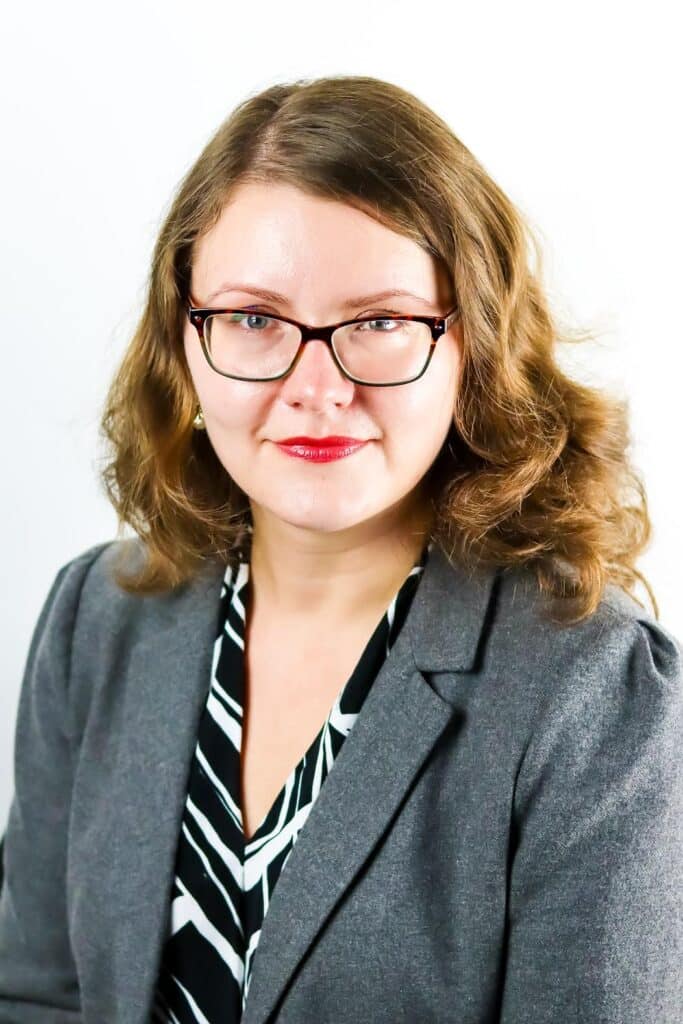
Are you a scholar seeking funding for your next academic project? The Institute for Humane Studies (IHS) offers a variety of funding opportunities that will help you advance as a scholar, all in alignment with their mission to support the “achievement of a freer and more humane society by connecting and supporting graduate students, scholars, and intellectuals who are driving progress in critical conversations shaping the 21st century.” Two of the funding awards offered by IHS include:
- Flexible Grants for Scholars: Grants up to $5,000 to support graduate students and faculty who are researching and teaching ideas rooted in the classical liberal tradition, especially the ideas shaping the world.
- Humane Studies Fellowship: A non-residency fellowship program that offers three types of support with awards of $2,000 – $15,000 on a rolling basis and provides individual advising and mentorship to foster academic success. The fellowship is open to full-time graduate students anywhere in the world with research interests related to modern challenges facing our current century
You can view the full list of funding awards offered by IHS on their website.
We recently spoke with Dr. Paula Ganga, assistant professor of political economy at Duke Kunshan University, who received both of these awards from IHS. Read on to learn how these grants helped Paula conduct summer research in Hungary and receive mentorship from other scholars in her field, as well as her advice for other scholars seeking research funding.
Tell us about your background and research experiences. What led you to the Institute for Humane Studies (IHS)?
I’m originally from Romania and started my studies in the US after receiving an MA from the University of Oxford. I also received an MA in Russian and East European Studies and a PhD in Government from Georgetown University.
While at Georgetown, I heard about IHS funding from other PhD students who had received IHS awards. As a comparative political economist, my research requires fieldwork, and therefore funding to travel to the region of interest. Under its biggest funding initiative, the Hayek Fund, IHS funded many of my research activities when I was a PhD student and a postdoc. For example, IHS paid for me to conduct research in Hungary in the summer of 2016, and also covered costs for additional fieldwork, conference travel, and a book proposal and manuscript workshop.
How has the IHS Fellowship advanced your professional goals? What type of work/research were you able to conduct as a result?
As I mentioned, I used IHS funding to conduct research in Hungary. Fieldwork funding is very competitive and universities don’t always have enough money for all students’ needs. Additionally, funding from larger institutions is even more competitive, as it’s open to applicants from all over the world. Sometimes this funding might only fund travel to specific regions or research on very specific topics.
IHS represents an alternative to this funding or a way to show proof of concept for larger grants. What I mean is that by getting IHS funding for a short month-long trip, once you write a grant application for the longer grants, you can discuss what you have learned in the shorter trip and how you plan to build on that work. Getting that summer stay in Hungary allowed me to return for a longer trip in the spring of 2017 when I was in Hungary for a semester conducting interviews and writing two chapters of my dissertation.
Additionally, IHS also supported me with substantial conference travel. Although my university provided travel assistance for students presenting at conferences, that funding was limited. Especially when the major conferences were at locations across the US and in expensive cities, a single conference could take up the entire university conference travel fund. IHS funding allowed me to travel to more than one conference, which enabled me to present my work to a wider audience in my field.
In addition to research funding, the IHS Fellowship also provides professional development and mentorship opportunities. How did this support benefit you on a professional level?
I benefited from this opportunity the year I went on the job market. IHS distributed my job market package to several scholars in my field who provided extensive feedback on how to best present my work in order to get a job. This past summer I was at a conference and one of the participants already knew me very well because he had been one of the scholars who had reviewed my job market package. This allowed me to make quicker connections at the conference because it felt I already knew people there.
Moreover, I participated in their book manuscript workshops. I provided a list of scholars I thought were most suitable to review my work, and in the two workshops, I was able to access and learn from scholars outside my university who might not have had the time to review my work otherwise. The day-long workshops allowed me to get substantive feedback beyond the feedback I received while writing the doctoral dissertation the book is based on.
What advice do you have for other international students hoping to find funding to study and conduct research in the US?
International students often have a disadvantage when it comes to receiving funding for research. Some funding and fellowships are only available to US citizens, given that grants from US federal funding have a citizenship requirement. But another disadvantage is that foreign students have limits on their employment opportunities during their studies. For example, my US colleagues were able to work off campus as consultants. I even had a colleague with a law degree who was able to continue practicing law throughout his studies.
While outside work is often done for income and can distract a student from their PhD research, in some cases students can hold a job that is of direct relevance for their projects or research. International students, on the other hand, can mostly only work on campus for the university. With funding from places such as IHS, international students can have more flexibility in finishing their PhD. For example, if your university fellowship is dependent on being a teaching assistant every semester, outside grants can buy a semester off from teaching where you can only focus on research. I would advise other scholars to seek out and apply for these funding opportunities, as I did.
Dr. Paula Ganga completed her PhD at Georgetown University and was a 
Want to win research funding? Check out Dr. Vicki Johnson’s tips article, 3 Keys to Developing a Winning Research Proposal for Fellowships and Grants.
© ProFellow, LLC 2022, all rights reserved.